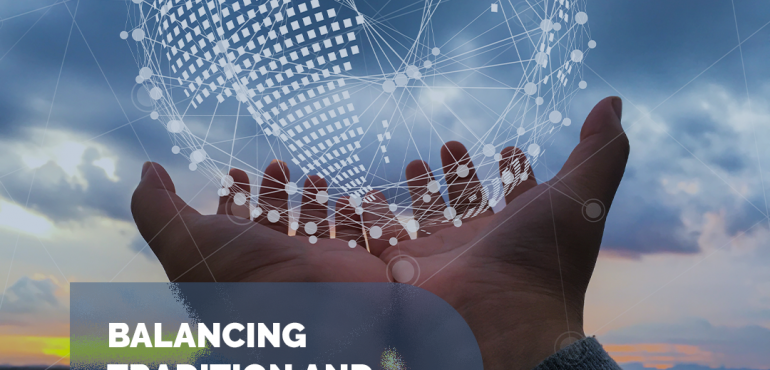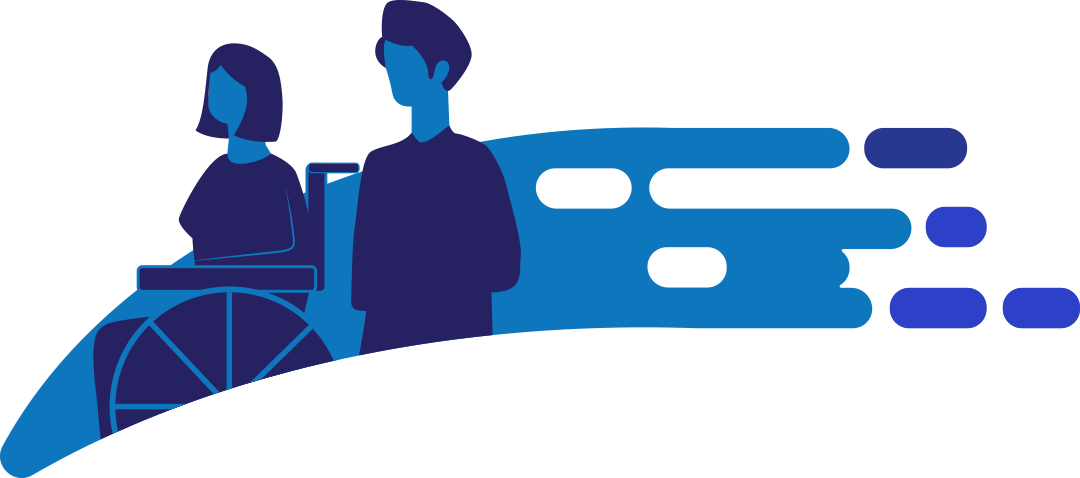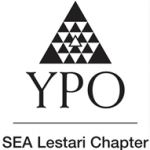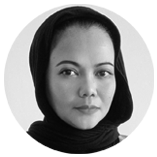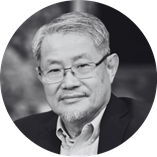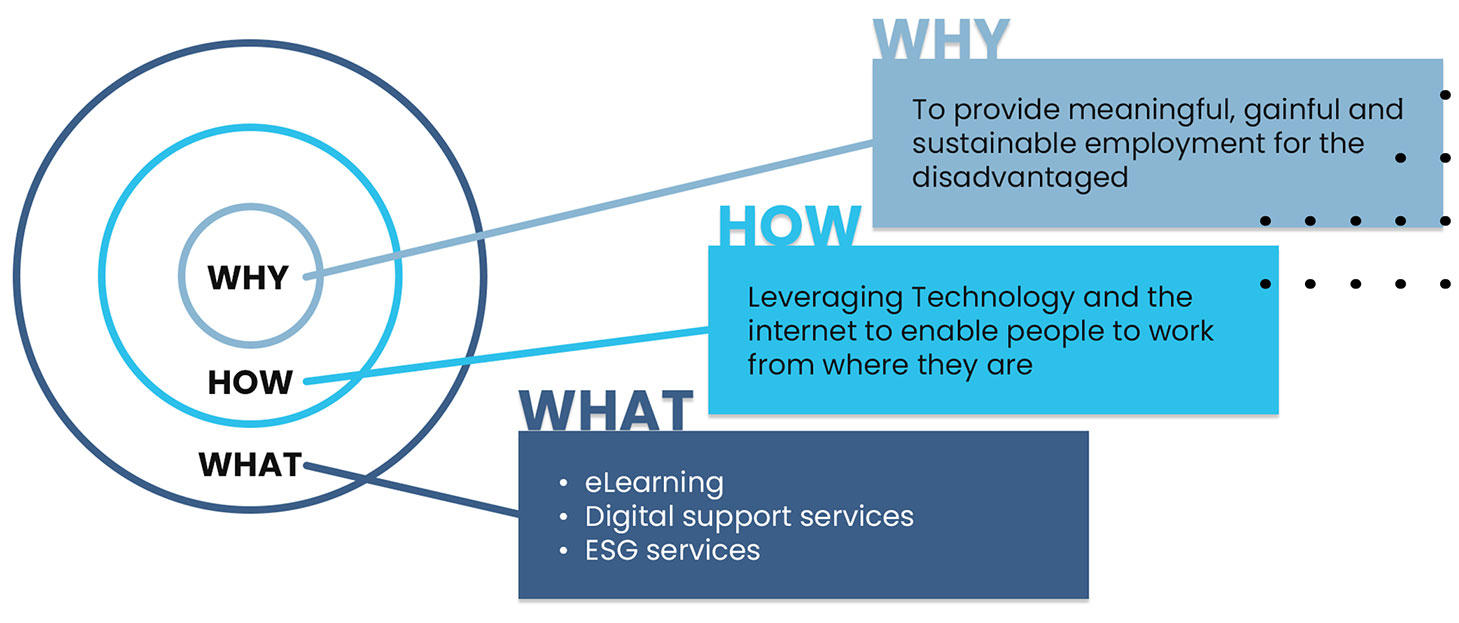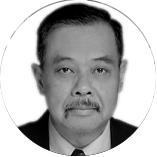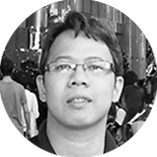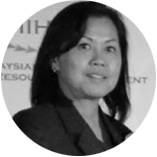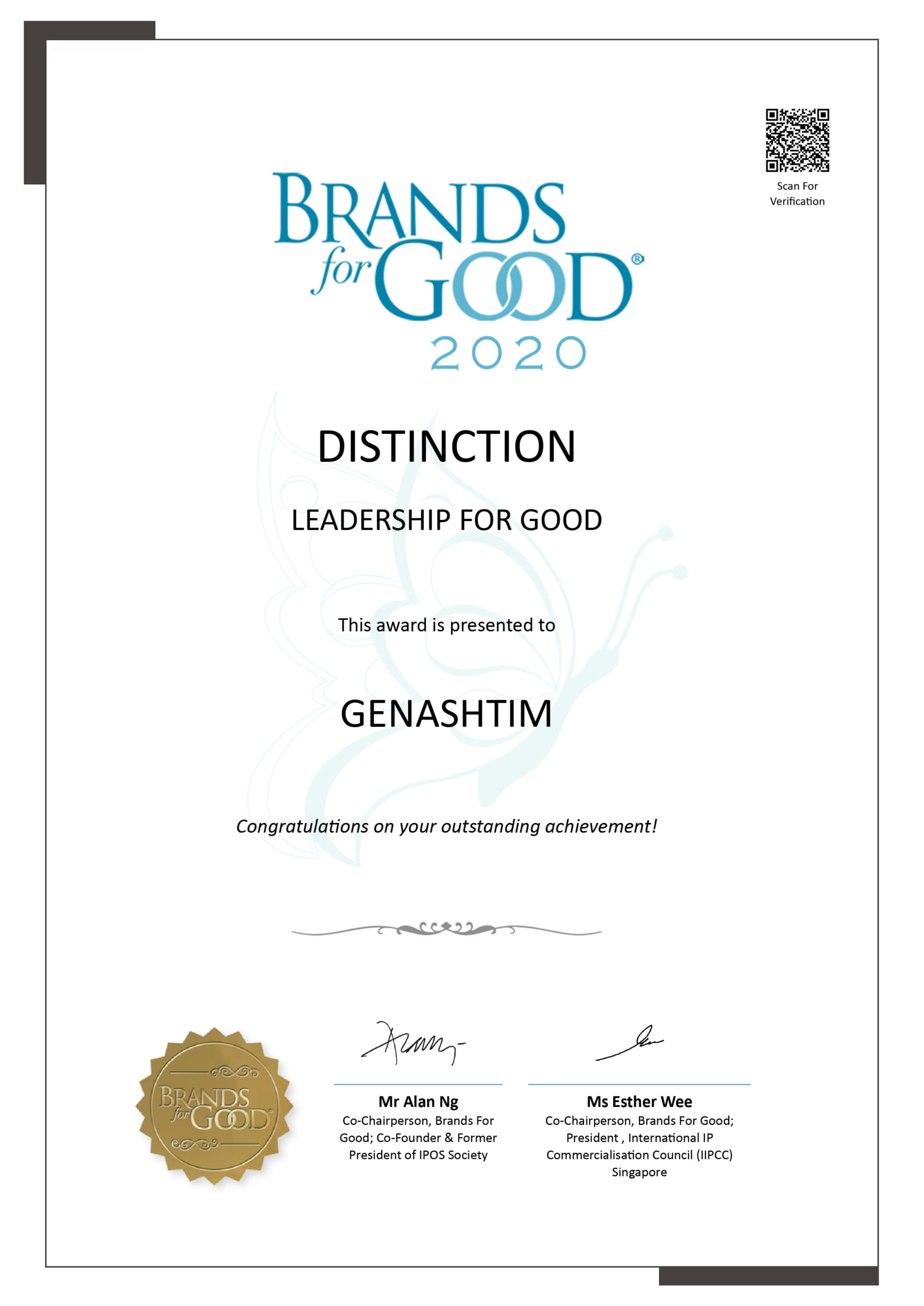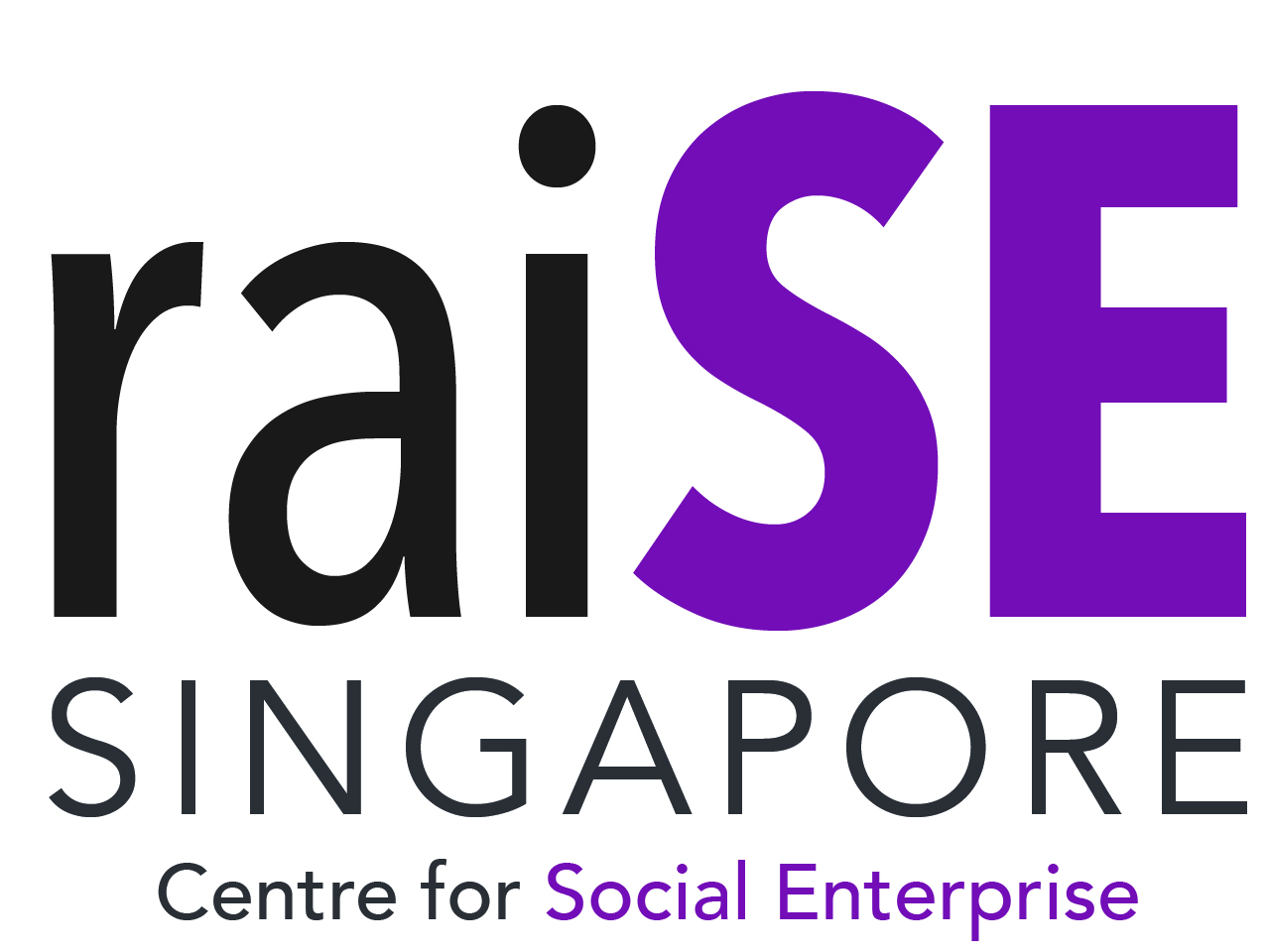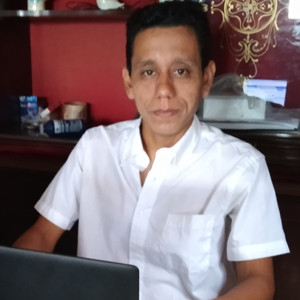Balancing Tradition and Innovation in an Evolving World
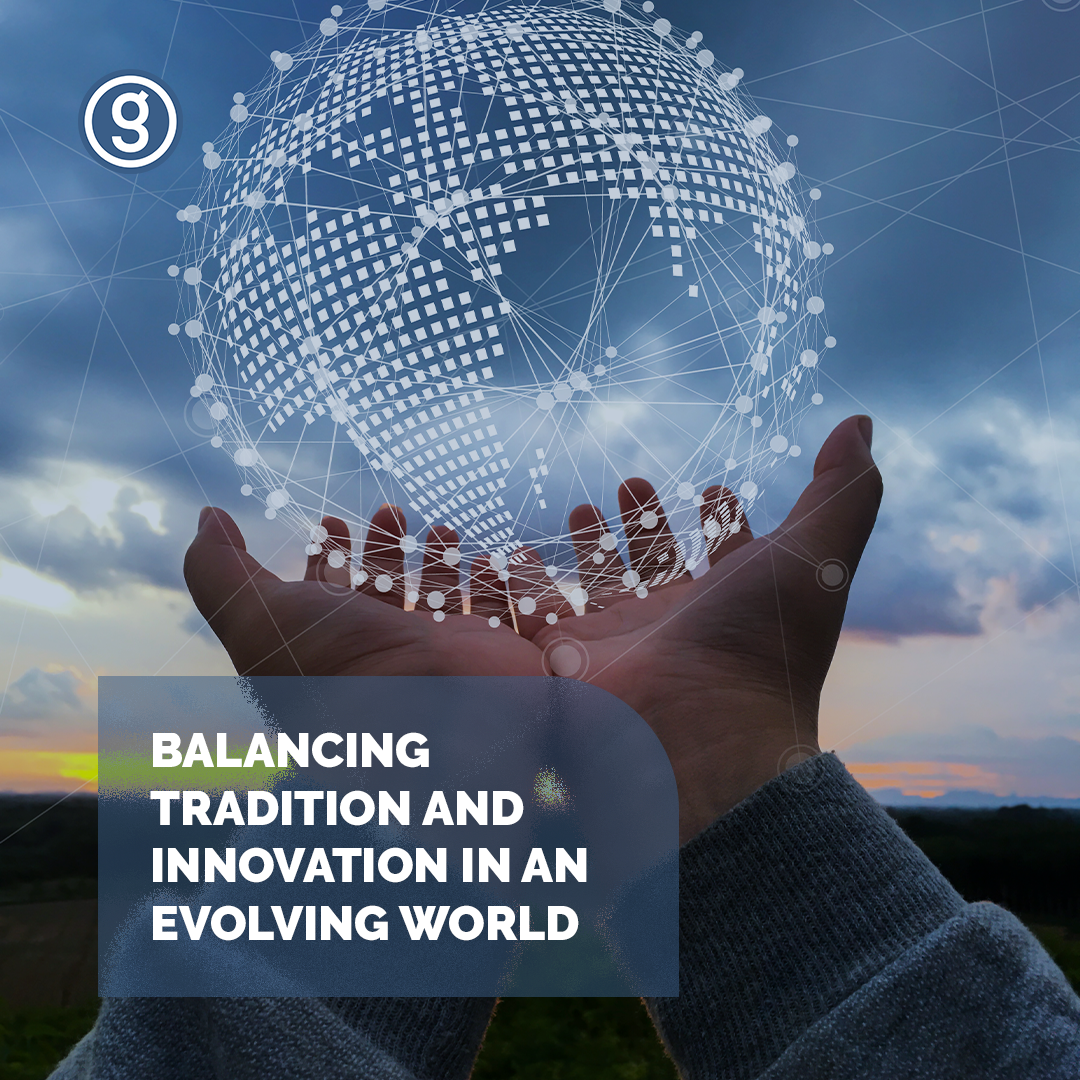
I am not a superstitious person, but I still hesitate to trim my nails on Wednesdays because my mom used to say it brings bad luck. My modern mind dismisses age hierarchies as outdated and superfluous, but I still cringe whenever I witness a younger CEO yelling at his older employees, even in a TV series. I think this is a conundrum for many millennials like me who were brought up in a relatively traditional environment but then thrown into modern workplaces. We’re always trying to balance respecting old traditions and embracing new ways.
Due to the rapidly shifting landscape, our individual struggles intersect with a broader societal context, creating a shared experience at the crossroads where new trends overlap with time-honored traditions. Whether it unfolds in the familiarity of our homes, the dynamics of our workplaces, or the circles of friends we keep, no one is a stranger to this dynamic interplay. We constantly face the challenge of striking a harmonious balance between embracing innovation while preserving the beauty of culture and tradition at every crossroads.
The Undeniable Need for Evolution:
The call for change is undeniable, and the past few decades vividly attest to this unquestionable reality. Reflecting on this era unveils a remarkable journey—from the once-familiar whirr of fax machines and the ubiquity of landlines to the era of smartphones. The notion of a computer, once foreign, has seamlessly transitioned into a universal accessory, evolving from clunky desktop computers to the sleek portability of laptops. This technological metamorphosis over the past couple of decades is nothing short of remarkable.
Even the concept of having a vast web of knowledge at our fingertips, something we often take for granted, underwent a transformative journey. The early stages of the internet have blossomed into today’s interconnected web that seamlessly spans the globe. What we now casually access as a web of knowledge was once a fledgling idea that has grown into an indispensable resource connecting the world.
Furthermore, the introduction of AI chatbots has brought about significant transformations in how we perceive and execute our tasks. These technological advancements underscore the dynamic nature of the changes we’ve undergone in recent times, shaping the way we live, work, and interact with the world. For instance, the recent shift to remote work has revolutionized not only how we work but also where we work.
Therefore, every day we find ourselves in a perpetual tug of war—striving to preserve age-old traditions and culture while also embracing the opportunities presented by the new age.
The rapid technological advancements and shifting societal norms make it increasingly essential to assess which old traditions still serve us well and which ones may hinder our progress. While certain foundational principles remain timeless, others may require adaptation to accommodate the changing needs and expectations of the modern workforce.
Balancing Tradition and Innovation:
Respecting traditions while embracing new trends is crucial for cultivating a coherent workplace culture. Some traditions serve as pillars of stability, fostering a sense of continuity and grounding in the face of change. For instance, workplace practices such as mentorship programs, strong communication, and a commitment to ethical conduct and mutual respect are timeless elements that contribute to a healthy work environment. Rooted in dignity and integrity, these traditions form the bedrock upon which a successful and sustainable workplace culture thrives.
However, it’s important to recognize that not all traditions are equally beneficial, and some can impede rather than facilitate adaptation to new trends. The rigidity of hierarchical structures, resistance to remote work, and hesitance to embrace technology are examples of practices that may hinder the natural evolution of the workplace. Nevertheless, we have witnessed significant progress, with workplaces moving away from exclusionary practices based on gender, race, or disabilities, thanks to Diversity, Equity, and Inclusion (DEI) initiatives.
Workplaces are undergoing a paradigm shift as new trends usher in innovation and efficiency. Trends such as remote work, flexible schedules, and a focus on employee well-being are reshaping the modern work environment. Embracing these changes can enhance productivity, satisfaction, and organizational resilience. Amidst these innovations, it’s essential not to overlook valuable traditions and core values. Balancing change with a commitment to traditions ensures a smooth transition to the new work landscape. This approach allows us to become flexible and agile to usher in positive changes while honoring our traditions and letting go of outdated and harmful practices that no longer align with the needs of the contemporary professional setting.
Genashtim Challenging Norms With Roots In The Ground
Striking a balance between preserving cherished traditions and embracing transformative trends is vital for cultivating a workplace culture that seamlessly integrates heritage and forward-thinking principles. This entails fostering an environment where employees experience a profound sense of belonging and purpose, all while adapting to the dynamic needs of the workforce.
An exemplary embodiment of maintaining this equilibrium is evident in the ethos of Genashtim. In an era when reluctance prevailed in hiring Persons with Disabilities (PWDs) due to stereotypes and prejudices, Thomas unwaveringly pursued his mission to establish sustainable employment opportunities for the disadvantaged. Defying the conventional belief that PWDs might be impediments or inferior employees, Thomas predominantly hired PWDs. His determination and trust came to fruition as Genashtim has flourished in the Southeast Asian region, with 70% of its workforce comprising individuals with disabilities.
Genashtim’s success serves as a testament to the capacity to challenge and dismantle deeply ingrained prejudices and stereotypes, often masked as traditions, while steadfastly upholding core values such as empathy, kindness, respect, and acceptance. The organization’s workforce, primarily consisting of disadvantaged groups, and its adoption of remote work as a mode of operation, exemplify that embracing change can yield progress without compromising cherished values and traditions. In doing so, Genashtim has not only transcended societal expectations but has also underscored the transformative potential of inclusivity and adaptability in the modern workplace.
In Conclusion:
In the ever-changing landscape of the modern world, the delicate balance between time-honored traditions and emerging trends remains a perpetual challenge. As we navigate the intersection, it becomes evident that the key lies not in abandoning the past or blindly embracing the future, but in striking a harmonious balance that respects our roots while embracing the transformative potential of innovation.
Genashtim, with its commitment to employing Persons with Disabilities and embracing remote work, stands as a beacon of success in challenging norms while upholding core values. Its journey teaches us that inclusivity and adaptability need not compromise cherished traditions; instead, they can amplify the richness of our workplace culture.
